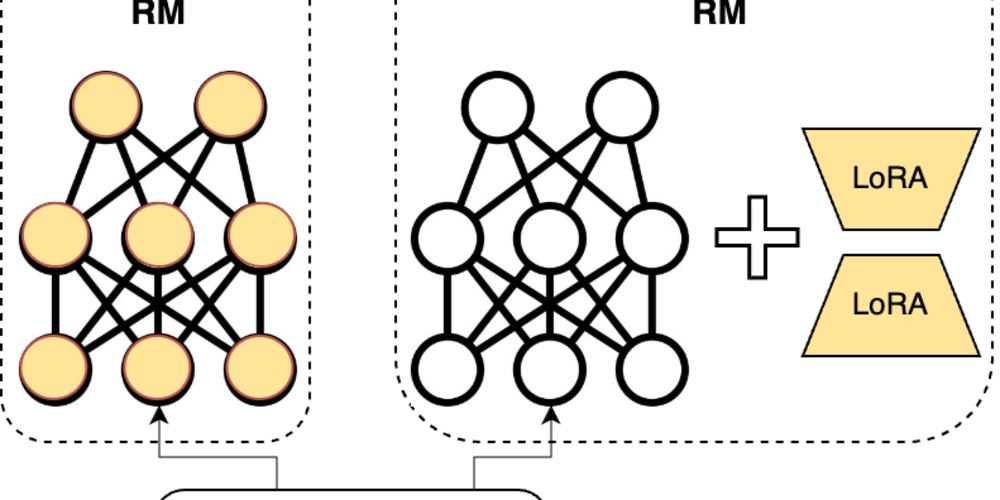Cost segregation is a powerful tax strategy used by real estate investors to accelerate depreciation deductions and reduce tax liabilities. By working with a tax advisor in Dallas, property owners can optimize this process and reap significant financial rewards. Whether you're a seasoned real estate investor or just entering the market, understanding how cost segregation works can lead to substantial tax savings and improved cash flow.
What is Cost Segregation?
Cost segregation is a tax planning technique that involves separating the costs of a commercial or residential property into different asset classes. Typically, real estate properties are depreciated over long periods—27.5 years for residential buildings and 39 years for commercial properties. However, not all components of a property depreciate at the same rate.
Through cost segregation, a tax advisor can identify parts of the property, such as lighting, flooring, plumbing, and landscaping, that can be depreciated over shorter periods, often between 5 to 15 years. This allows property owners to accelerate their depreciation deductions, effectively lowering taxable income in the early years of ownership.
Benefits of Cost Segregation
The primary benefit of cost segregation is the acceleration of depreciation deductions, which translates into immediate tax savings. By reallocating certain building components to shorter depreciation schedules, real estate investors can reduce their tax liabilities in the short term, providing more cash flow for reinvestment or other business needs.
Other benefits include:
- Increased Cash Flow: By reducing taxable income through accelerated depreciation, property owners keep more money in their hands, improving liquidity for further investments or operational costs.
- Deferring Taxes: The tax savings achieved through cost segregation can be deferred, allowing property owners to postpone tax payments until later years, creating opportunities for reinvestment.
- Enhanced Property Valuation: By optimizing depreciation, cost segregation can also improve the overall valuation of the property by providing investors with clearer insight into how the property’s value is distributed across its components.
Who Can Benefit from Cost Segregation?
Cost segregation is an ideal strategy for real estate investors who own commercial properties, residential rental properties, or any building used for business purposes. It’s especially beneficial for property owners who have recently purchased or constructed buildings, as the tax savings are more substantial in the initial years of ownership.
Additionally, businesses planning to undergo renovations can take advantage of cost segregation to write off old assets, further reducing tax burdens.
Why Work with a Tax Advisor in Dallas?
Navigating the complexities of cost segregation requires expertise, and working with an experienced tax advisor in Dallas can make all the difference. A qualified tax professional will conduct a detailed analysis of your property and work with a specialized engineer to determine which components qualify for accelerated depreciation. They’ll also ensure compliance with IRS guidelines to avoid potential audit risks.
In Dallas, where the real estate market is booming, a tax advisor can help you take full advantage of cost segregation and other tax strategies to maximize your investment’s profitability.



















